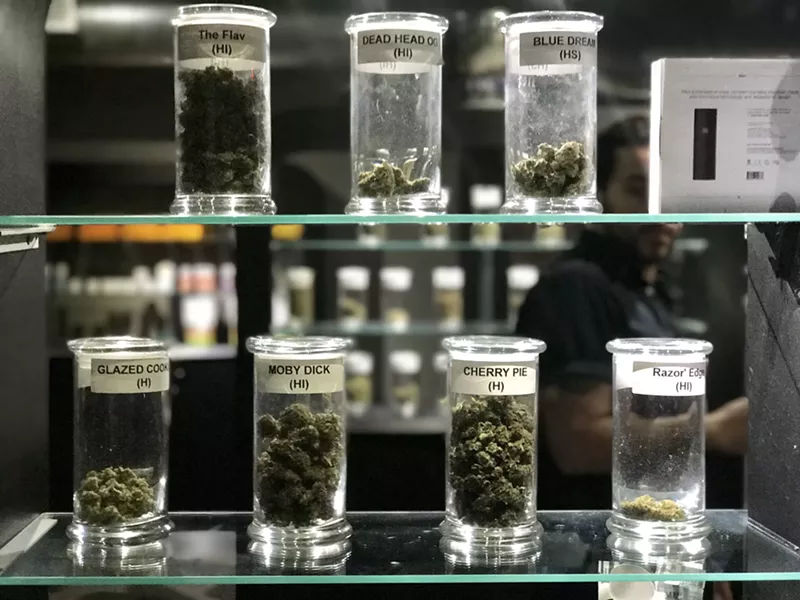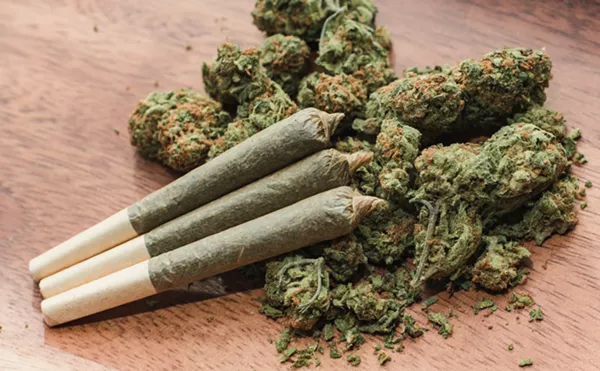No one doubts that cannabis consumers will soon pump a generous amount of tax dollars into Michigan schools, roads, and other state and local resources.
The question is, how much?
In four of the first five states to legalize recreational marijuana, sales are beginning to plateau after strong year-over-year increases, according to a new study by Pew Charitable Trusts. They are Colorado, Washington, Oregon, and Nevada. In Alaska, sales continue to steadily increase.
In Michigan, the first recreational marijuana dispensaries are expected to begin opening later this year and early 2020. The state will collect 6 percent sales tax and an additional 10 percent excise tax on all legal marijuana purchases.
The state's Senate Fiscal Agency forecasts increasing tax revenue for at least the first full three years that sales are legal. The agency estimates recreational marijuana sales will generate $180.9 million in new taxes in the fiscal year 2020-21. By 2022-23, the state forecasted pot sales will bring in $287.9 in taxes.
But Pew Charitable Trusts cautions that predicting recreational marijuana sales is difficult.
“Supporters of legalizing recreational marijuana expected a new revenue source for states, but market uncertainties continue to challenge revenue forecasters and policymakers," the study found. "The difficulty in forecasting revenue is compounded by the fact that states have only recently begun to understand the recreational marijuana market: the level of consumer demand for recreational marijuana products, the types of users and how much they might pay for the drug, and competition with the black market. States have learned some lessons but continue to grapple with unknowns.”
In many states, the black market has remained strong because marijuana is often more expensive in the legal market because of taxes, fees, store costs and the expensive requirement to test pot for impurities.
The California Cannabis Advisory Committee found that the "state's legal marijuana market does not present an attractive alternative to the black market, in large part due to higher prices."
Another factor is the competing medical marijuana market. In Michigan, more than 281,000 residents are medical marijuana cardholders. Medical marijuana likely will be more inexpensive because taxes are no longer imposed on it.
"In Colorado, at least initially, some recreational users bought medical marijuana instead, likely to avoid the taxes on recreational products," the Pew Charitable Trusts study found.
Pew Charitable Trusts recommends that states "should exercise caution in budget planning to ensure that the money strengthens, rather than weakens, their long-term fiscal position."
It's a new era for marijuana in Michigan. Sign up for our weekly weed newsletter, delivered every Tuesday at 4:20 p.m.









